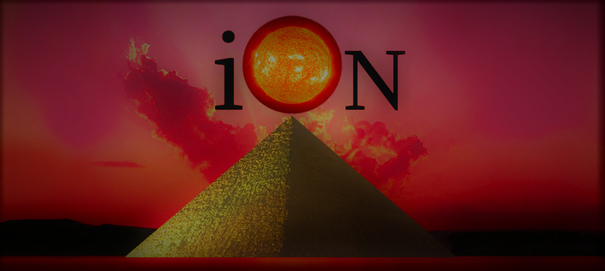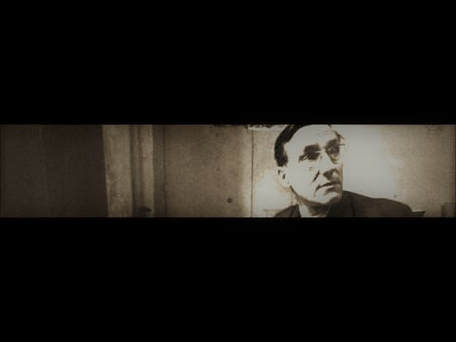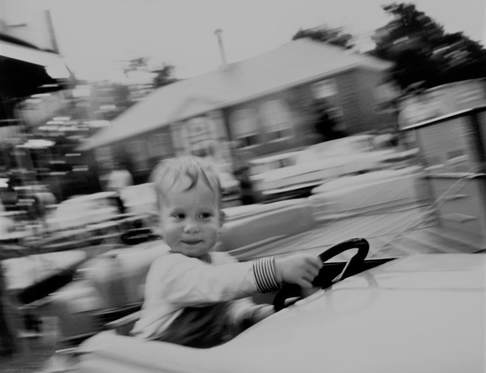|
“Perhaps we are experiencing a shift from a world economy of competing and polluting industrial nation-states to a global ecology of noetic polities in which consciousness will become a symbiotic architecture of organisms and machines, one in which pollution is mined as a natural resource in a cultured bacterial technology and a complex ecology of ‘living machines’ and electronic organisms. Certainly, to track and describe this new emergent state, we shall need the narratives of complex dynamical systems. Perhaps here science fact and science fiction are coming together to open our imaginations to the future and the possibilities of multidimensional modes of consciousness that can be both mystical and mathematical.” - William Irwin Thompson, TRANSFORMING HISTORY: A Curriculum for Cultural Evolution, Lindisfarne Books, 2001, p.188 Part 1 Part 2
0 Comments
First half of a class by William S. Burroughs on the technology and the ethics of wishing. The discussion includes rules for wishing, the dogma of science, L. Ron Hubbard, The Big Lie, and sympathetic magic. The class also includes a question and answer session covering subjects such as memory, Henry Miller, dreams in writing, and defining the soul. Second half of a class by William S. Burroughs on the technology and the ethics of wishing. This half contains additional commentary by Anne Waldman and Allen Ginsberg. Included is a question and answer session that covers the space shuttle Challenger explosion, lucid dreaming, yoga, feminine energy, DNA, the Dalai Lama, and music. Waldman also discusses the ego, rituals, science and why questions, death, birth, mortality, and the bodhisattva. Listen this recording, below: William S. Burroughs - The Technology and Ethics of Wishing Recorded June 1986, Naropa University This recording and the entire Naropa Collection is licensed under a CC BY-ND-NC 1.0 licence. This video is fair use of the material. Licence: https://creativecommons.org/licenses/... Editorial stuff … traditional teachers like herself were now being relegated to a formalist past – that a new partnership of discover was being forged between pupils and teachers which would be mediated by technology. To help explain the neo-progressive curriculum and “discipline-based” learning to educators, and to explore the future of education, particularly in regard to media technology, listen the audio from The Child of the Future: How He Might Learn (1964). Notes on The Child of the Future |
AudioArchives
August 2018
|



 RSS Feed
RSS Feed
